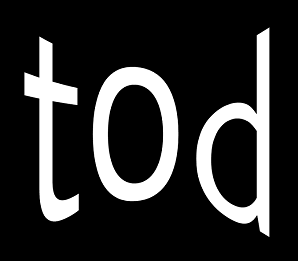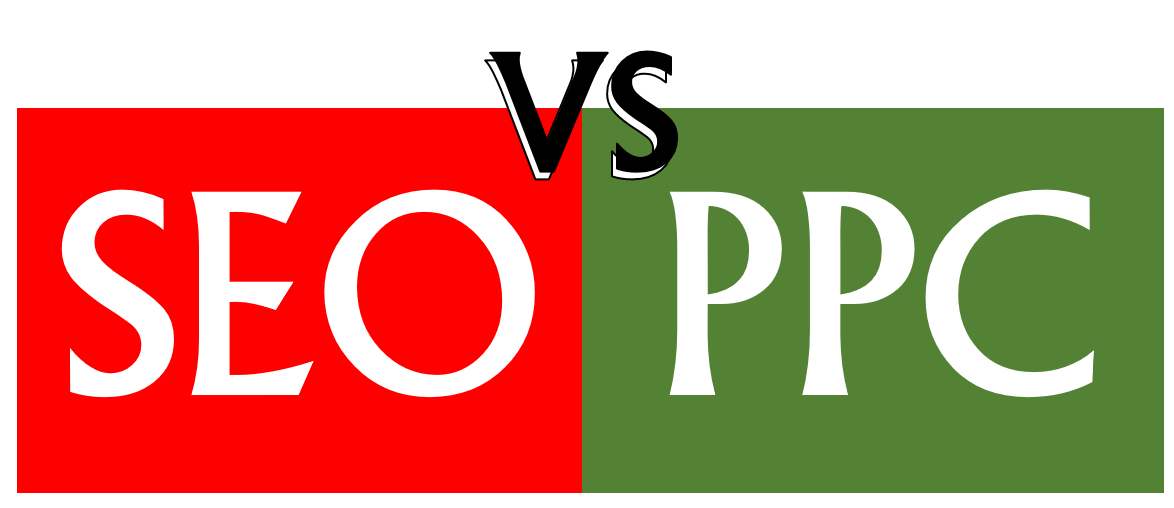Attracting website visitors from search engines can be done organically by optimizing your website (SEO), or by buying search engine ads on a pay-per-click or PPC basis. While there’s no direct effect of paid ads on organic search engine rankings, there are reasons to use both. In fact, paid and organic search results can work together to boost traffic.
Click to Read Sections:
Why Do Both PPC and SEO?
- Organic #1 search result position is not top of the page. Paid ads, featured answers, and knowledge graph or local results push organic #1 result down the page.
- PPC can test search queries before investing with SEO.
- PPC can generate results quickly.
- Because many things can cause organic visibility to drop unexpectedly.
- While some web searchers click the first (paid) search result, other users do not trust paid ads.
- Half of organic clicks come from results ranked 1 to 3, so a paid ad helps visibility for search queries not highly ranked.
Does Paid Search Help Organic Rankings?
PPC on brand terms helps build awareness, increasing clicks on organic results. Given good page content and engagement, this can boost rankings over time. However, paying for search engine ads has no direct effect on organic search.
An often-quoted study by Google in 2011 studied the impact of pausing a PPC campaign on organic click-through rates. They found that when a PPC campaign was paused, organic clicks did not increase incrementally to make up the loss from ad clicks.
What is the Relationship between SEO and PPC?
A study by Google studied the impact of organic rankings on the click through rate of PPC ads. It found that click-through rates on PPC ads with associated organic rankings was higher than without an organic search results. It also found the higher ranked organically, the more it increased the click-through of the ad.
Should You Target Brand and Generic Terms with PPC?
Advertisers with well-known brands usually invest in PPC as a defensive measure, because competitors can bid on their brand terms.

